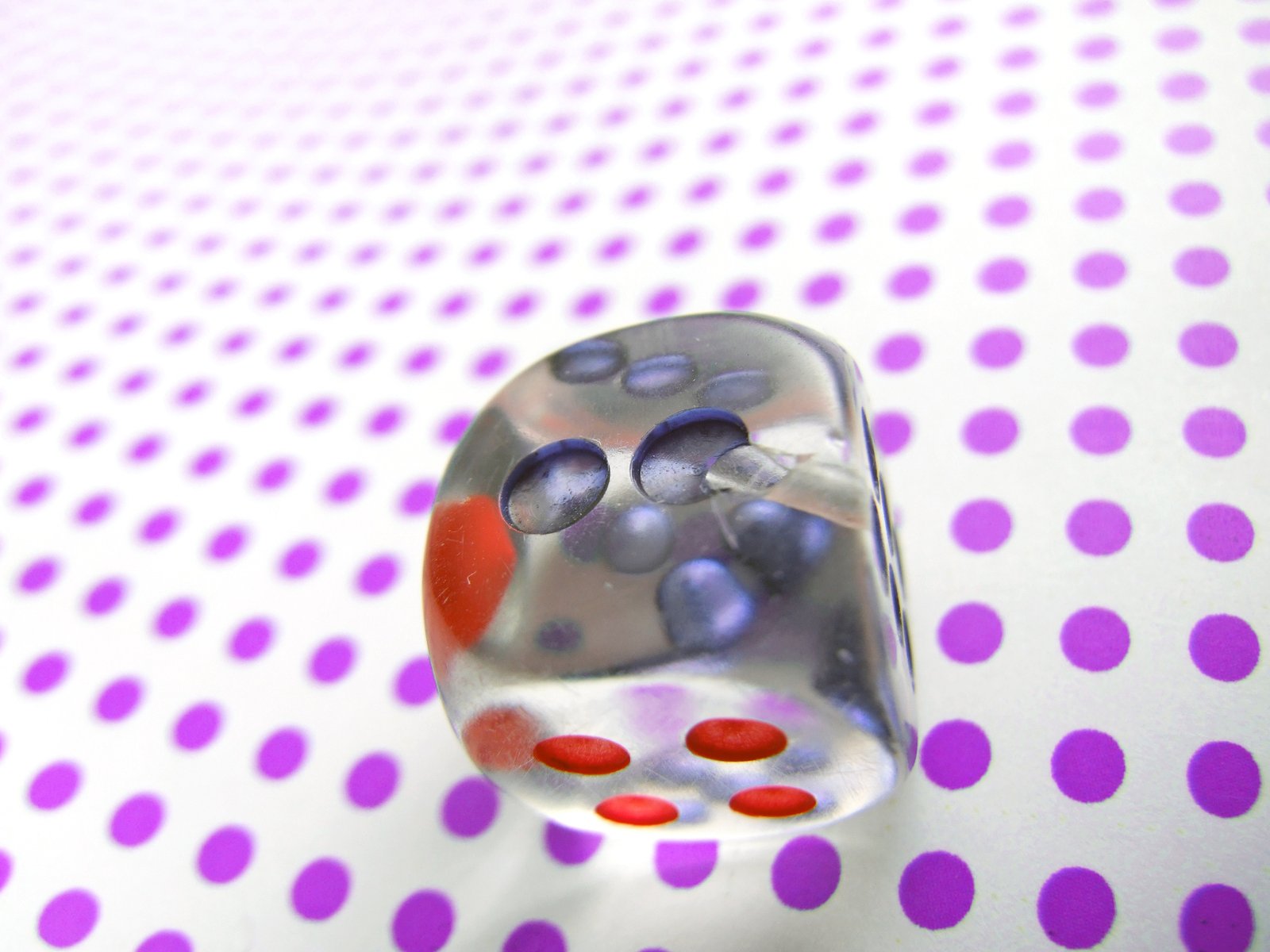
Summary: Some new examples of tricks (and sometimes cheats) attempted by patent claimants and their representatives; it does not go as well as they hoped
THE level of mischief at the USPTO is occasionally noted here; it's typically about law firms and patent trolls who are attempting to game the system.
Over the past week we have gathered numerous new examples. We don't mean to bash the USPTO (we are actually very encouraged to see its improvements in recent years) but merely to take stock of areas of improvement for the patent system (including courts and law firms).
TC Heartland or another case of Cray are often mentioned in relation to venue shifting or forum shopping or whatever one calls it (it's about filing one's patent lawsuit in a district which is perceived to be plaintiff-friendly, troll-friendly, or friendly towards particular
types of patents).
Many lawyers are patently just liars (what they're paid for) and would lie about where businesses are based. Some days ago we saw
this docket report about a case in which claimed "damages" are insubstantial:
The court denied plaintiff's motion for a preliminary injunction to preclude the sales of the accused fracking system because plaintiff failed to establish irreparable harm through loss of market share or reputation.
More interesting, however, was
this docket report. It's a case in which venue shifting is attempted. "The court granted defendant's alternative motion to transfer for improper venue because defendant did not have a regular and established place of business through its provision of equipment to customers in the district," it says. Rightly so. Is this another
TC Heartland-type case (only at a far lower court)?
A story which received a lot more attention concerned the filing date and
this docket report explained it as follows:
The court granted defendant's motion to dismiss all but three of plaintiff's patent infringement claims for claim preclusion, including claims for a patent that issued after the filing date of the parties' earlier lawsuit.
Another failed attempt to cheat the patent system and assert patents which were not even granted (yet)? Mr. Hricik, which covers ethical issues in patent law,
wrote about it as well:
Normally, claim preclusion only bars later assertion of a claim only if (a) the plaintiff could have brought that claim when it filed an earlier suit and (b) the later-asserted claim is the “same” as a claim in the first case (courts take different approaches to how closely related the later claim must be to the first, but the federal rule is to look at whether the later-asserted claim arises out of the same operative facts as the earlier claim). So, normally, if a patent issues to the plaintiff after the first suit is filed, claim preclusion wouldn’t apply because of the first step: you can’t sue for infringement until the patent issues (with the narrow exception of seeking “provisional damages” for infringement under Section 154).
Hricik previously wrote about patent 'scams' wherein one party used non-existent patents to bully someone else. Trolls tend to do so too; sometimes, there's a similar issue pertaining to assignment (parties claiming to 'own' patents which they don't). One new example was
covered a short while ago by Sean D. Damon (Finnegan) and also
by Watchtroll.
Any time law firms pull dirty tricks such as these they merely discredit the very system they rely on. It's a form of mockery, not just misuse. They ought to collectively refrain from doing that because they spit in the very well they drink from.
⬆

